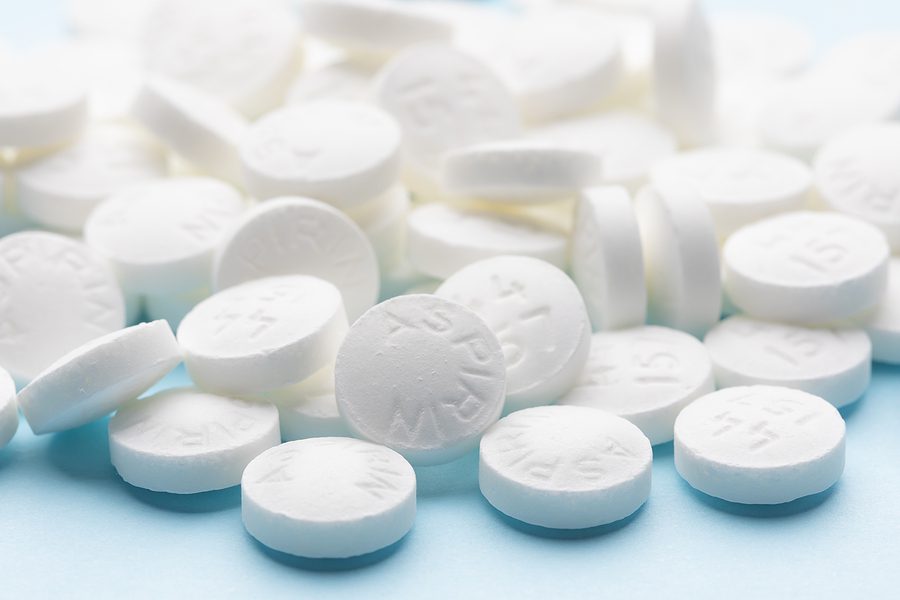WASHINGTON, D.C. – For decades, Americans have been told it’s healthy for at-risk Americans to take an aspirin a day to ward off a possible heart attack. Now, science has changed as it often does in medicine.
The U.S. Preventive Services Task Force (Task Force) today posted a draft recommendation statement on aspirin use to prevent heart disease and stroke, also known as cardiovascular disease (CVD). People ages 40 to 59 who are at higher risk for CVD and do not have a history of CVD should decide with their clinician whether to start taking aspirin. This is a C grade. People age 60 or older should not start taking aspirin for heart disease and stroke prevention. This is a D grade.
U.S. Senator Rand Paul took the new guidance as an opportunity to criticize the constantly evolving science around the COVID-19 virus, vaccinations, and treatments.
“But I thought the science was settled? We all need to stop listening to ANYONE who says the science is settled. That’s anti-science,” Paul quipped.
Heart disease and stroke are leading causes of mortality in the United States, accounting for about one in three deaths. While daily aspirin use has been shown to lower the chance of having a first heart attack or stroke, it can also cause harm. The most serious potential harm is bleeding in the stomach, intestines, and brain. The chance of bleeding increases with age and can be life-threatening.
Based on new evidence since the 2016 Task Force recommendation, it is now recommended that once people turn 60 years old, they should not consider starting to take aspirin because the risk of bleeding cancels out the benefits of preventing heart disease. The latest information also shows a closer balance of benefits and harms than previously understood for people in their 50s and that starting aspirin use as young as 40 years old may have some benefit.
“Daily aspirin use may help prevent heart attacks and strokes in some people, but it can also cause potentially serious harms, such as internal bleeding,” says Task Force member John Wong, M.D. “It’s important that people who are 40 to 59 years old and don’t have a history of heart disease have a conversation with their clinician to decide together if starting to take aspirin is right for them.”
This recommendation only applies to people who are at higher risk for CVD, have no history of CVD, and are not already taking daily aspirin.
When deciding whether patients should start taking aspirin to prevent a first heart attack or stroke, clinicians should consider age, heart disease risk, and bleeding risk. It is also important to consider a patient’s values and preferences. If someone is already taking aspirin and has any questions, they should talk to their clinician about their individual circumstances.
